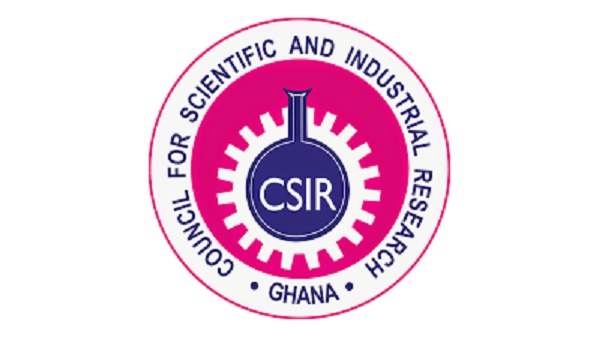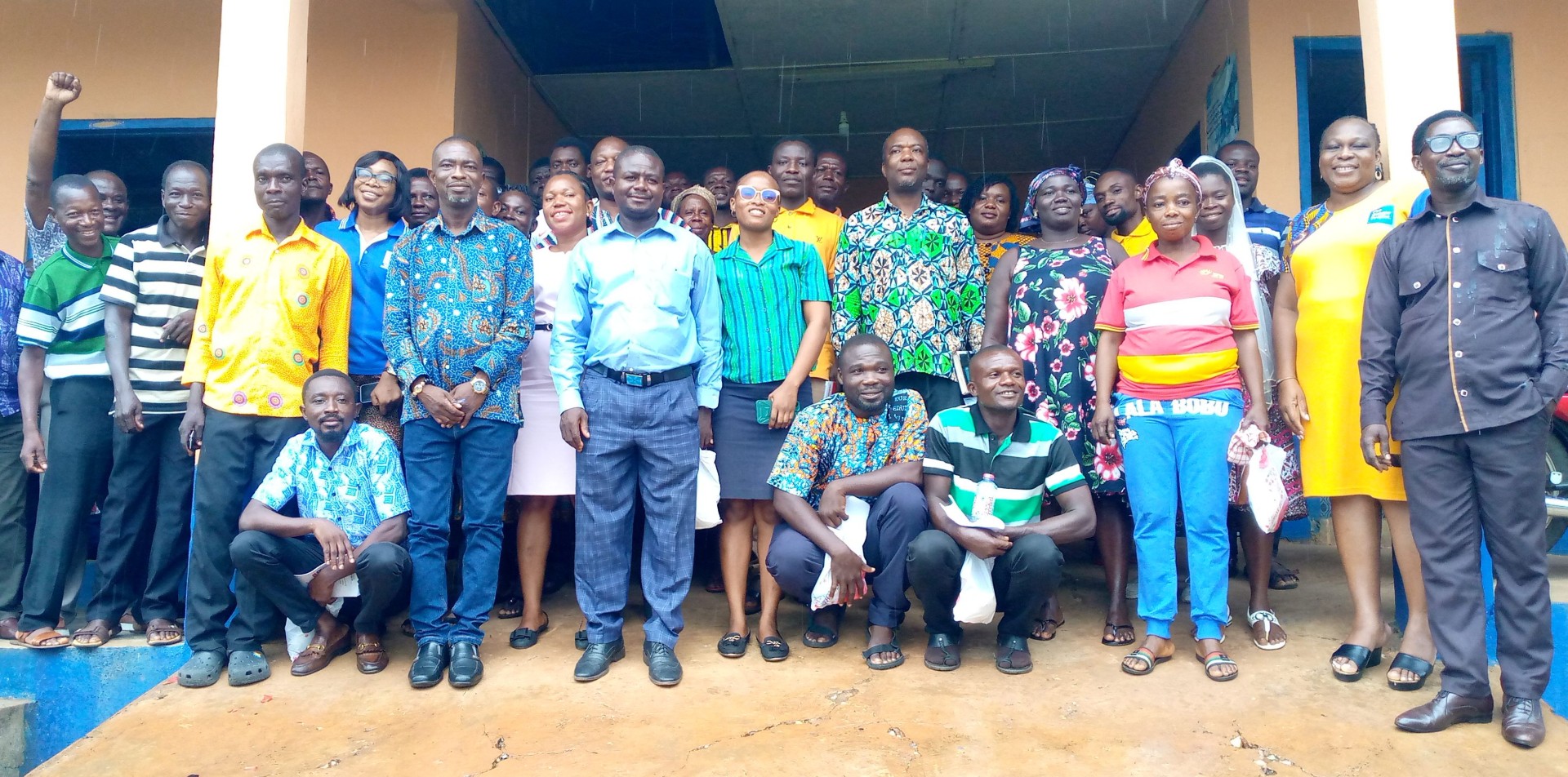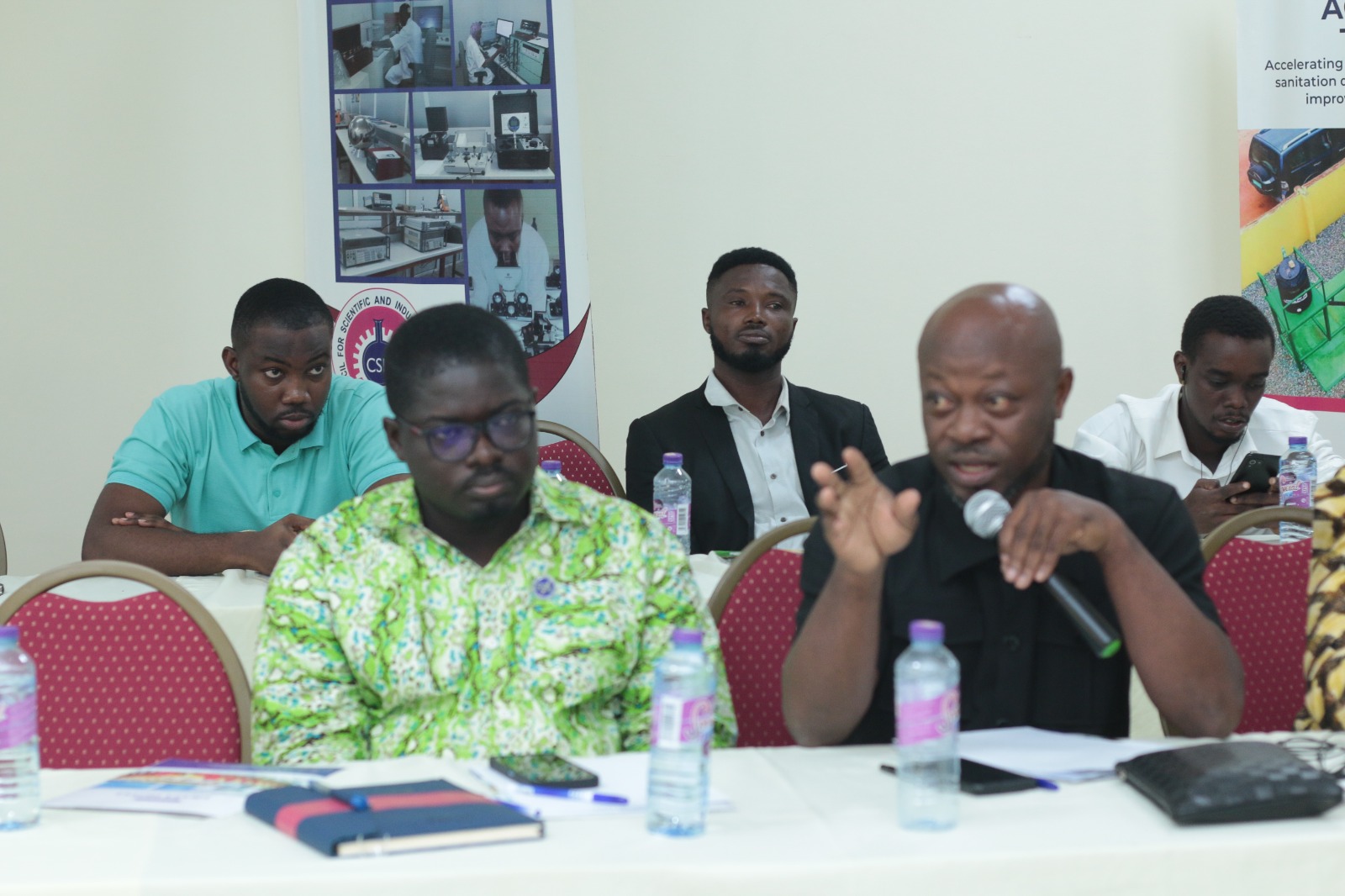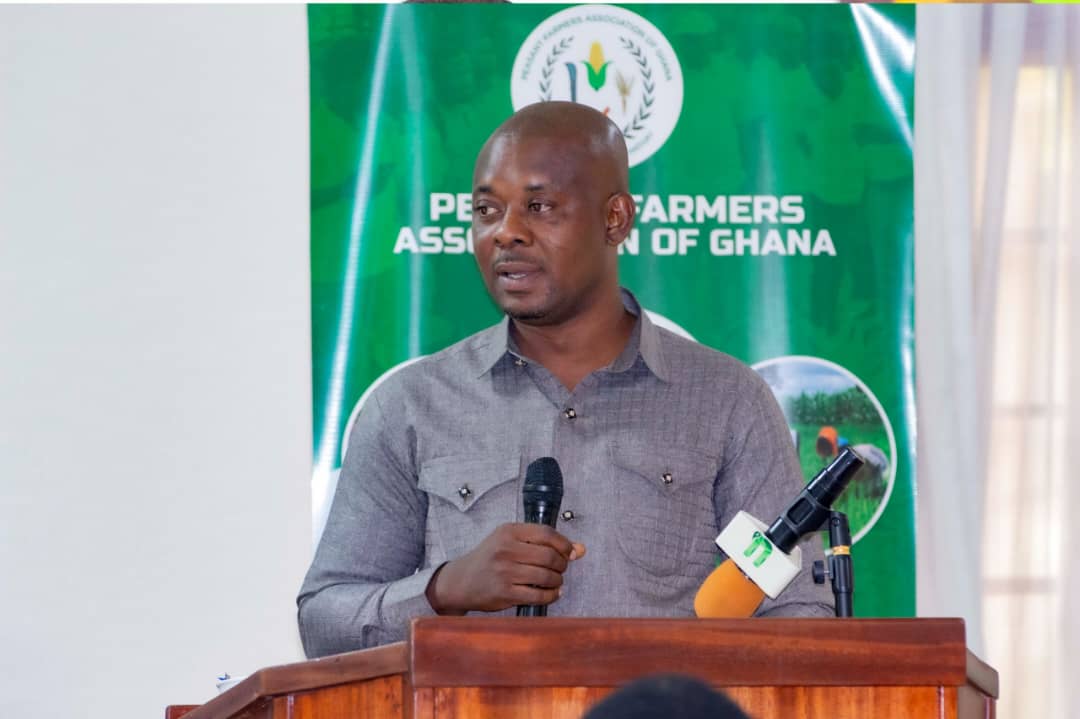
Dr Charlotte Oduro-Yeboah, the Acting Director, CSIR-FRI, at the opening ceremony in Accra on Wednesday, said the proposal sought to investigate the effect of the intake of soymilk-burkina on the gut microbiome and nutritional status of women of the reproductive age of 15 and 49 years living in the Volta and Oti regions of Ghana.
She explained that ‘burkina’ was an indigenous Ghanaian beverage (smoothie) made from fermented dairy milk and millet, but the innovation was to substitute with soymilk which was plant-based, to record its impact on the sampled population.
She said globally, maternal and child health were becoming an issue of great concern due to the increasing mortalities resulting from anaemia and malnutrition in those living in the poorest regions of the world, despite the numerous interventions and progress of work.
Dr Oduro-Yeboah noted that although highly nutritious, most Ghanaian foods were not being widely patronised, especially by young people due to the mode of preparation and presentation, therefore, integrating tradition and technology would help change perceptions, and encourage more people to accept the dishes.
She noted that the innovation would help in preventing post-harvest losses of millet and create a demand for soya beans by diversifying their uses for the commercial production of diverse dishes.
Dr Richard L.K. Glover, a Co-Programme Implementer, giving an overview of the project, explained that it was part of the Grand Challenge on Integrating Tradition and Technology for Fermented Foods for Maternal Nutrition, a programme funded by the Bill and Melinda Gates Foundation.
The Grand Challenge, he said, was a family of initiatives fostering innovation to solve key problems in global health and development for the vulnerable groups and that the Ghana project would be implemented by the CSIR-FRI, University of Health and Allied Sciences, Ho, and the Noguchi Memorial Institute for Medical Research, University of Ghana.
He said the project would among other things, assess microbiological quality of soymilk-burkina, and build a database for future use, and if successful, would influence policy, enhance nutrition education, encourage the consumption of local diets by the younger generation.
Dr Mary Glover-Amengor, a Nutritionist at CSIR-FRI, and a Co-implementor of the project, said the benefit of soymilk was that it was cheaper, high in protein and minerals, ensured proper growth, and prevented diseases.
Prof. Wisdom K. Amoa-Awua, the Head, Department of Agro-processing Technology and Food Biosciences, CSIR College of Science and Technology, spoke about how the Institute’s achievement over the years had earned it both local and international recognition.
He urged all its researchers and scientists to develop innovative ideas to improve on existing methods of food processing to meet global standards and attract a larger market for national development. Read Full Story


















Facebook
Twitter
Pinterest
Instagram
Google+
YouTube
LinkedIn
RSS